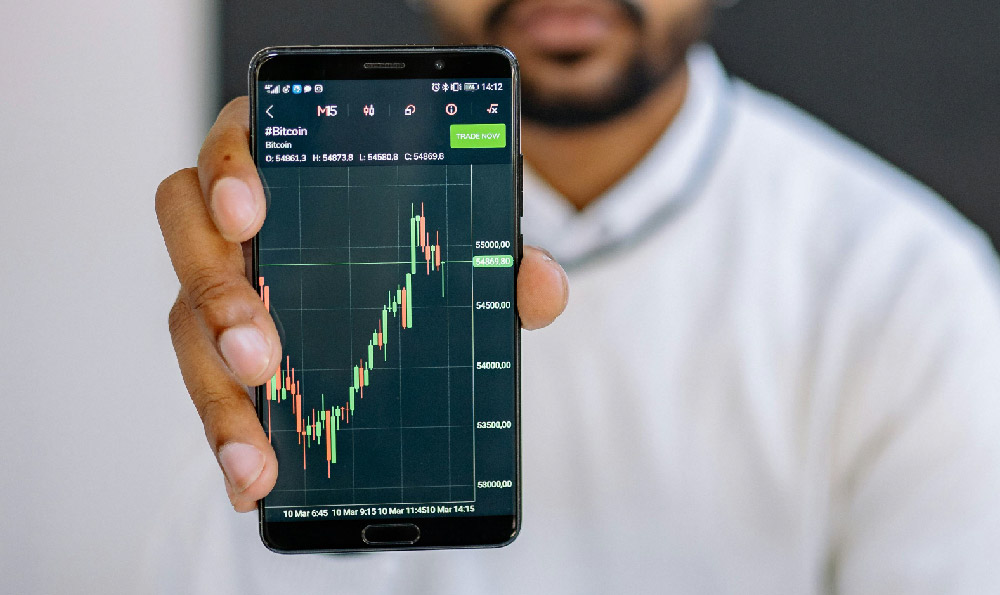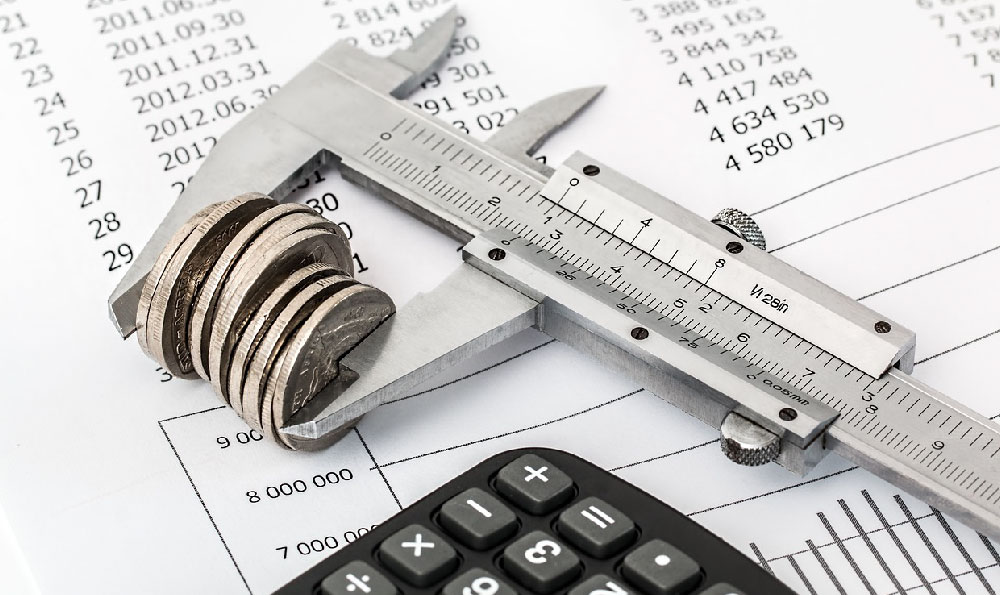The question of why and how the poor are getting richer is a complex one, intertwined with global economic shifts, technological advancements, and evolving social structures. It's a nuanced phenomenon that requires a multi-faceted understanding, moving beyond simplistic narratives. While poverty remains a significant global challenge, improvements in living standards and wealth creation for those at the lower end of the economic spectrum are undeniable in certain regions and contexts.
One crucial factor contributing to this upward mobility is globalization. The interconnectedness fostered by trade, communication, and migration has opened doors to opportunities previously inaccessible to impoverished populations. Labor-intensive industries, seeking lower costs, have migrated to developing countries, providing employment and income streams for millions. This phenomenon, while sometimes criticized for exploitative labor practices, has undeniably lifted many out of extreme poverty. The influx of foreign investment and technology transfer further catalyzes economic growth, creating a ripple effect throughout the local economy. Individuals gain access to new skills, resources, and market opportunities, fostering entrepreneurship and innovation. Small businesses emerge, providing further employment and contributing to the overall economic dynamism of the community.
Furthermore, technological advancements have proven to be a powerful equalizer. The proliferation of mobile technology, particularly in developing countries, has provided access to information, financial services, and market platforms that were previously out of reach. Farmers can access real-time market prices for their crops, enabling them to negotiate better deals and increase their earnings. Small business owners can utilize mobile payment systems to expand their customer base and streamline their operations. Mobile banking provides access to secure and convenient financial services, allowing individuals to save, invest, and manage their finances more effectively. The internet, despite digital divides, has also democratized access to education and learning resources. Individuals can acquire new skills and knowledge through online courses, empowering them to pursue better employment opportunities or start their own businesses.

Education plays a pivotal role in breaking the cycle of poverty. Increased access to quality education, particularly for girls and women, is a powerful driver of economic empowerment. Educated individuals are more likely to secure better-paying jobs, start their own businesses, and make informed decisions about their health and finances. Education also fosters critical thinking, problem-solving skills, and adaptability, essential attributes for navigating the complexities of a rapidly changing world. Moreover, educated parents are more likely to invest in the education and well-being of their children, creating a virtuous cycle of intergenerational upward mobility.
Effective government policies and social safety nets are also critical components in facilitating poverty reduction and wealth creation. Investing in infrastructure, such as roads, transportation networks, and energy grids, creates a conducive environment for economic growth and investment. Providing access to healthcare and sanitation improves overall health and productivity, enabling individuals to participate more fully in the workforce. Social safety nets, such as unemployment benefits, food assistance programs, and subsidized housing, provide a crucial buffer for vulnerable populations, protecting them from economic shocks and providing a foundation for rebuilding their lives. Furthermore, policies that promote financial inclusion, such as microfinance initiatives and access to credit for small businesses, empower individuals to start and grow their own ventures, creating wealth and employment opportunities.
However, it's crucial to acknowledge that the path to economic prosperity is not without its challenges. Income inequality remains a persistent issue, even in countries experiencing rapid economic growth. The benefits of globalization and technological advancements are not always evenly distributed, and some individuals and communities may be left behind. Corruption, lack of transparency, and weak governance can also hinder economic development and exacerbate poverty. Addressing these challenges requires a concerted effort from governments, businesses, and civil society organizations. Promoting fair trade practices, investing in skills development, strengthening governance institutions, and combating corruption are essential steps towards creating a more equitable and sustainable economic system.
Another significant challenge is the impact of climate change, which disproportionately affects impoverished communities. Extreme weather events, such as droughts, floods, and heatwaves, can decimate agricultural yields, displace populations, and disrupt economic activity. Investing in climate-resilient infrastructure, promoting sustainable agricultural practices, and providing access to clean energy are crucial for mitigating the impact of climate change on vulnerable communities and ensuring their long-term economic security.
Finally, a shift in mindset is often required to foster sustainable wealth creation. Moving beyond a focus on short-term gains and embracing a long-term perspective, characterized by savings, investment, and entrepreneurship, is essential for building wealth over time. Financial literacy programs and mentorship initiatives can play a crucial role in empowering individuals to make informed financial decisions and develop the skills and knowledge necessary to succeed in the marketplace. This also means challenging systemic barriers and prejudices that can limit opportunities for marginalized communities.
In conclusion, the notion of the poor getting richer is a multifaceted phenomenon driven by a confluence of factors, including globalization, technological advancements, education, effective government policies, and a shift in mindset. While significant challenges remain, progress is undeniable in certain regions and contexts. Sustaining this progress requires a continued commitment to addressing income inequality, promoting sustainable development, and empowering individuals to seize opportunities and build a better future for themselves and their communities. It's a complex and ongoing process, but one that holds immense potential for creating a more just and prosperous world for all.












